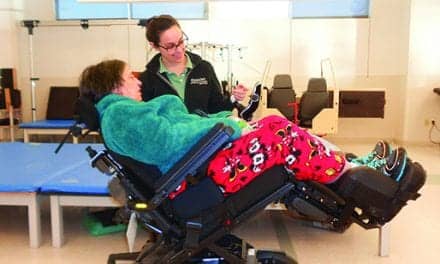An analysis of survey data suggests that hospitals that employ nurses who are certified in wound, ostomy, and continence (WOC) care have lower rates of hospital-acquired pressure injuries (HAPIs).
This HAPI reduction is accompanied by better pressure injury risk assessment and prevention practices, according to a study in the Journal of Wound, Ostomy and Continence Nursing, the official journal of the Wound, Ostomy, and Continence Nurses Society.
In the study, Diane K. Boyle, PhD, RN, FAAN, of University of Wyoming, Laramie, and her team analyzed 2012-13 data from the National Database of Nursing Quality Indicators (NDNQI) RN Survey—a national survey collecting data on the relationships between nursing and patient outcomes. The analysis included data from 928 participating US hospitals, explains a media release from Wolters Kluwer.
About 37% of the hospitals employed nurses with at least one of five WOC specialty certifications provided by the Wound, Ostomy, and Continence Nursing Certification Board. The numbers and types of WOC-certified nurses were analyzed for association with facility-acquired HAPI rates.
Hospitals employing nurses with three types of nurses with specialty certification in wound care (CWOCN, CWCN, or CWON) had lower rates of HAPIs. These hospitals had an overall HAPI rate of 2.81%, compared to 3.28% at hospitals without wound care-certified nurses. The risk of more severe (stage 3 and 4) pressure injuries was reduced by nearly half at hospitals with wound care-certified nurses: 0.27% versus 0.51%.
Hospitals with CWOCNs, CWCNs, or CWONs also had higher rates of recommended interventions to prevent pressure injuries. The differences were greatest for the use of pressure redistribution surfaces and nutritional support. Other preventive practices included skin assessment, patient repositioning, and steps to avoid moisture-related skin damage, the release continues.
Boyle suggests in the release that staffing hospitals with wound care-certified nurses may be able to reduce the risk of HAPIs occurring among patients in US acute care hospitals.
“WOC nurses with wound care specialty certification should be part of hospital strategies to reduce HAPI rates,” she states in the release.
[Source(s): Wolters Kluwer, Newswise]





